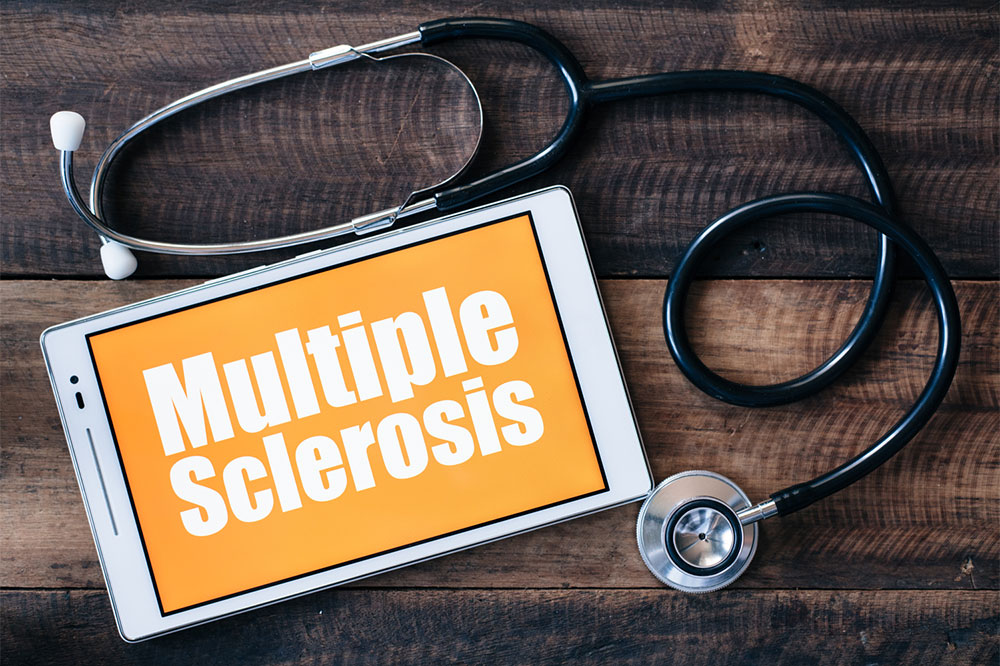Top 5 Approaches to Managing Multiple Sclerosis
Discover five effective strategies for managing multiple sclerosis, including physical rehabilitation, medications, plasma exchange, corticosteroids, and emerging stem cell therapies. Tailored treatments aim to slow disease progression and improve quality of life for those affected by MS.

Top 5 Approaches to Managing Multiple Sclerosis
Multiple sclerosis (MS) is a challenging neurological condition that impacts the central nervous system. Due to the varied nature of symptoms and disease progression, treatment plans are highly individualized. While MS cannot be cured, several strategies aim to slow its progression and reduce symptom severity. These include physical therapy, medication, and innovative treatments to improve quality of life.
Physical rehabilitation
MS can impair mobility over time, making strengthening and stretching exercises essential. Trained therapists guide patients on using mobility aids and adaptive devices to enhance movement and daily functioning. Rest remains crucial alongside physical activity to support recovery.
Muscle relaxants
Muscle stiffness and spasms, especially during flare-ups, are frequent MS symptoms. These painful and uncontrollable spasms often affect the legs. Medications like baclofen and tizanidine are commonly prescribed to ease muscle tension and discomfort.
Plasma exchange therapy
Also known as plasmapheresis, this process involves removing blood plasma and replacing it with a protein solution such as albumin. This method is considered when new, severe symptoms do not respond well to steroids.
Corticosteroid treatment
Administered under medical supervision, corticosteroids help reduce nerve inflammation, alleviate pain, and manage various MS symptoms. However, they may cause side effects like insomnia, high blood pressure, elevated blood sugar, mood swings, and fluid retention.
Stem cell therapy
In cases where neural damage is significant, stem cell therapy offers potential for repairing the central nervous system. While ongoing research continues to assess its efficacy, this treatment aims to regenerate damaged nerve tissue in MS patients.









